WJEC Level 3 Applied Diploma in Food Science and Nutrition
Curriculum overview for WJEC Level 3 Applied Diploma in Food Science and Nutrition
Curriculum intent – the knowledge, understanding and skills that students will learn
During their two years of study for the Applied Diploma in Food Science and Nutrition, students will be supported in progressing to university, college or an apprenticeship to pursue a career or further learning in related areas such as food industry production. During the Level 3 course, students will gain an understanding of food science and nutrition, and how it is relevant to many industries and job roles, from care providers and nutritionists in hospitals, to sports coaches and fitness instructors. Hotels and restaurants, food manufacturers and government agencies also use the knowledge and understanding from the Level 3 Food Science and Nutrition course to develop menus, food products and policies that that support healthy eating initiatives. This qualification has been designed to offer interesting experiences that focuses on applied learning, i.e. through the acquisition of knowledge and understanding in purposeful, work-related contexts, linked to the food production industry.
Curriculum implementation – teaching, learning and assessment strategies
Students complete three units: two mandatory and one optional. The first mandatory unit enables students to demonstrate an understanding of the science of food safety, nutrition and nutritional needs in a wide range of contexts and, through on–going practical sessions, to gain practical skills to produce quality food items to meet the needs of individuals. The second mandatory unit allows students to develop their understanding of the science of food safety and hygiene, which is essential knowledge for anyone involved in food production in the home or wishing to work in the food industry. The two optional units, titled ‘Experimenting to Solve Food Production Problems’ and ‘Current Issues in Food Science and Nutrition planning’, are research units. Students chose from one of the titles to complete a body of work on an area of interest. Through all of these activities, students are encouraged to read around the subject and to keep up to date with current news articles on related issues.
Curriculum impact – intended outcomes for students
The ‘applied’ intent of the course means that students experience authentic, work-related learning in each of the units they take. It also requires students to consider how the use and application of their learning impacts on themselves, other individuals, employers, society and the environment. The ‘applied’ intent also means that students learn in such a way that they develop skills required for independent learning and development; skills to ensure their own dietary health and well-being; a range of generic and transferable skills; the ability to solve problems; the skills of project-based research, development and presentation; the ability to apply mathematical and ICT skills; the fundamental ability to work alongside other professionals, in a professional environment and the ability to apply learning in vocational contexts.
Course overview for WJEC Level 3 Applied Diploma in Food Science and Nutrition
Exam board: WJEC 601/4552/3 https://www.wjec.co.uk/qualifications/food-science-and-nutrition-level-3/#tab_keydocuments
Coursework: Yes – 50%
Unit 1 Mandatory: ‘Meeting Nutritional Needs of Specific Groups’
Internal coursework + External examination
Unit 2 Mandatory: ‘Ensuring Food is Safe to Eat’
External examination
Either Unit 3 or Unit 4 must be selected:
Unit 3 Optional: ‘Experimenting to Solve Food Production Problems’
Internal Coursework
or
Unit 4 Optional: ‘Current Issues in Food Science and Nutrition’
Internal Coursework
